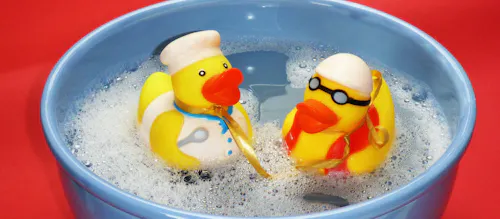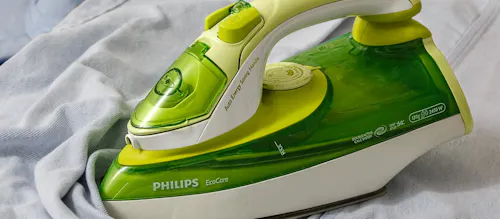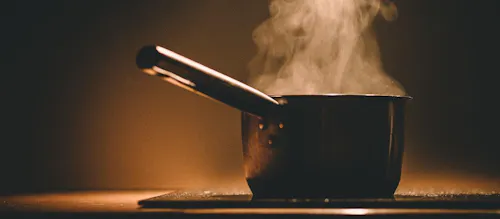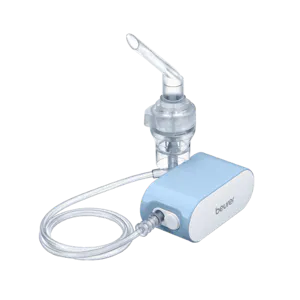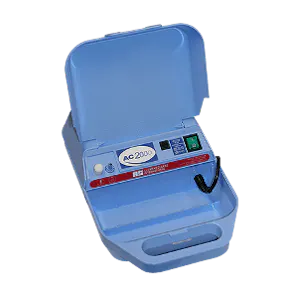Living with COPD
Coping with breathlessness can impact on all aspects of your daily living.

Feeling short of breath can make everyday activities more difficult. Simple things you used to take for granted such as showering, shopping cooking and cleaning may take you longer or at times become impossible. It’s important to think about your symptoms. Is your breathing worse in a morning, as is common with COPD, are there times when you feel less breathless? You may already started to evolve strategies to help with your symptoms, it’s important to think about what works for you. The British Lung Foundation suggest different techniques you can try such as pursed lip breathing or paced breathing.
Mornings
Morning can be tricky as for many people with COPD this is when they feel worst. Mucus and phlegm can build up in the night making it difficult to get going. Chest clearance exercises are a good way to start the day. You can speak to your physiotherapist about active cycle breathing techniques or huffing. If you feel you need more help, take a look at mucus clearance devices such as the Pari O-Pep. Keep it by your bed and make it part of your waking routine. It’s also a good idea to have your inhalers or nebuliser by your bed so you can take your medication before you start your day. The Philips InnoSpire Essence is the perfect size for a bedside table. Many of our customers have a small nebuliser upstairs and bigger one down, saving their energy by not having to carry it from room to room. If you do struggle in a morning try to plan your day accordingly and make any visits or appointments for later in the day.
Washing
Try to make your bathroom as comfortable as possible by having everything to hand so you’re not wasting energy getting up and down. Sit down to wash and you may find a sponge or long handled scrubber or puff more manageable than a face cloth. Switching to an electric razor can also help. Allow yourself plenty of extra time so you don’t feel rushed. Grab rails, shower stools and bath seats may be available from your local NHS occupational therapy department. It’s wise to avoid scented oils or perfumes as these could trigger a reaction or make your shower slippy and it helps to open a window so the moist humid air can circulate. Use warm, not hot, water as extreme temperatures can add to your difficulty breathing. If you’re tired after bathing why not use a large warm wrap or towel to get dry and if it’s a real struggle then perhaps bathe in an evening or at a time when you feel better.
Dressing
Start by gathering your clothes together before you start and take your time. Rest if you need to. Choosing easy stretch fabrics and loose fitting clothes that are easy to fasten will make life easier. Layers of clothes rather than bulky jumpers will be simple to remove if you get warm during the day and cotton rather than synthetic fabrics may be cooler and more comfortable to wear. Sit down to dress and try to avoid bending forwards as this can make your breathing worse. Slip on shoes may help and their are aids to help you with socks.
Housework (everyone’s favourite!)
Some tasks are harder work than others so it’s always wise to prioritise, don’t try to do everything at once and spread the work throughout the week. A perching stool may help when your washing up or ironing and if you’re thinking of buying a new vacuum cleaner it makes sense to choose a lightweight one. A microfibre cloth or damp dusting will help keep the dust down and avoid strong scented products. If you have a nebuliser then regular cleaning is important for lung heath and you can find our advice about nebuliser care over on this blog post: Have you changed your accessories recently?
Shopping
Plan ahead and if you can’t enlist friends and family to help with the heavy goods then you could consider ordering on line. This could also be handy in winter if the weather is bad. Some shopping centres have mobility scooters available or you can ask for help from an assistant especially getting your purchases back to your car. Take your time unloading your shopping at home and rest if you have to. A wheeled shopping trolley may be easier than bags and don’t forget your inhaler or nebuliser. Portable nebulisers like the Pari Mini or InnoSpire Mini can be battery operated as well as have a 12v DC lead to use in your car. The Omron MicroAir U100 or Philips InnoSpire Go are small enough to pop in your pocket. If don’t have transport or are housebound check out what services your local council have to offer.
Eating healthily
Planning will help you make healthy nutritious choices and eating regularly will help with your energy levels. No skipping meals. Small meals and eating slowly will help combat breathlessness. If breathlessness is a problem taking your inhaler or nebuliser beforehand may help. If you struggle to chew and breathe when you eat, go for softer, moist foods that are easier to chew and swallow. Try having more nourishing liquids such as milk, smoothies, juice and soups. Try not to fill up on drinks especially fizzy drinks. Eating with friends and family is a great way to make mealtime much more enjoyable and if they can’t come to you we have portable nebulisers to help with your visit.
Cooking
Meal preparation and cooking will be easier if you keep all your frequently used utensils together at waist height. A perching stool will help with prepping so you can take regular rests. Simple one pot pan recipes will cut down on washing up and leave any crockery to drain dry. A simple trolly will help with moving heavy things round the kitchen and house. A metal basket inside your saucepan means you don’t need to lift a heavy hot saucepan; easier when draining cooked vegetables, potatoes or pasta. Why not have a few ready meals on hand for those days when you don’t feel like cooking? Social services may have arrangements where you can have meals delivered to your home.
Travel
When COPD creeps in you will have lower energy levels which often leads to less interest in doing activities you enjoy. Breathlessness can cause problems sleeping and this along with the normal grief and loss process that comes with being told that you are sick will bring you feelings of sadness, confusion and anger. Issues with coughing, shortness of breath and lack of energy will keep you in the house more. The problem grows if you do not acknowledge it but early interventions always lead to the best results. There are lots of groups such as Breathe Easy and Walking for Health where you can find support from like minded people. Chat about your experience and even discover new coping strategies. You can access some groups on line and if you need help getting there possibly find support with transport through community agencies or groups. There is the Blue Badge scheme or perhaps your local authority has a dial-a-ride service or subsidised taxi service. COPD will change your life if you let it. Whether you are being reactive or preventative, doing something about your condition and its impact on your mental health is imperative. When you’re ready to start venturing out we have travel nebulisers that can help take you there and if you’re dreaming big we have portable nebulisers that can take you round the world.
We supply models and accessories from the following reputable manufacturers.

